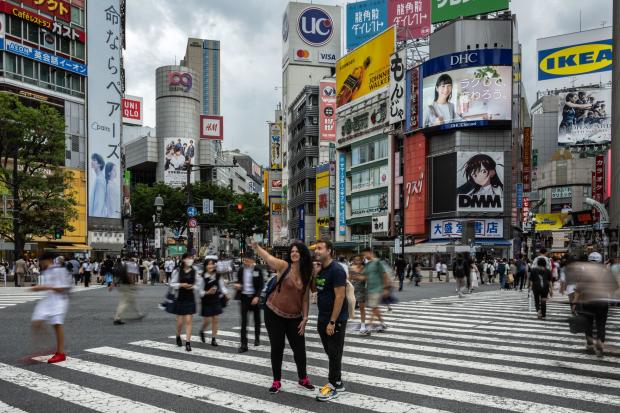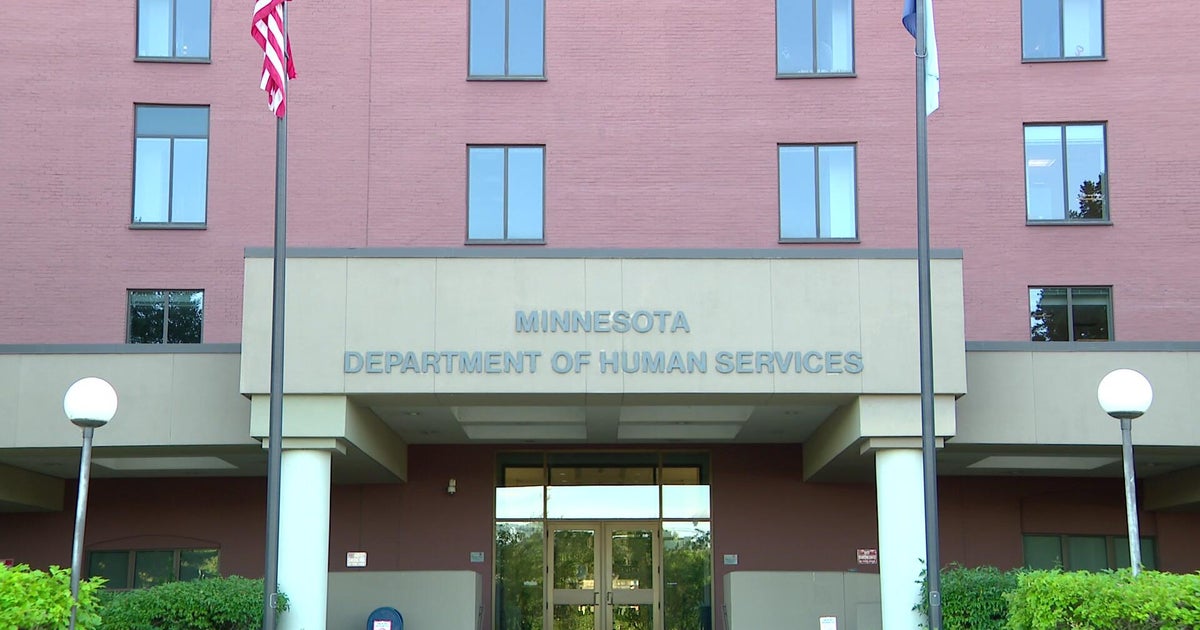Japan has one of the world's oldest populations, and it is shrinking at a record rate
Japan's population is declining at record speed while the number of foreign nationals residing in the country has risen to a record high, according to government data released Wednesday. The data show the total number of Japanese nationals in the country fell by about 800,000 people in 2022, the 14th consecutive year of population decline, according to the Reuters news agency.
The data released by Japan's Ministry of Internal Affairs and Communications highlighted the extent to which the country's population is aging and the increasingly significant role that foreign-born immigrants are now playing in Japanese society. A record 3 million foreign nationals were living in the country as of January 2023, when the data was tabulated.
Japan's overall population fell to 125.42 million, a decrease of about 511,000 on the previous year, the study shows.
Japan has the fastest-aging population of any post-industrial nation on earth. Its birth rate — the average number of children a woman typically has — started to decline in the 1970s. The country's current birth rate is 1.3, according to data from the World Bank, well below the "replacement level" of just over two children per woman generally considered necessary to keep a population steady.
A survey conducted by the National Institute of Population and Social Security Research in 2022 found that close to a fifth of men and about 15% of women in Japan expressed disinterest in marriage, the highest levels since 1982. Almost a third of men and a fifth of women in their fifties in Japan had never been married.
The lack of working-age adults and children set to join their ranks has fueled mounting concern over Japan's economy, and the government has vowed to take action.
"To secure a stable workforce, the government will promote labor market reforms to maximize the employment of women, the elderly and others," Chief Cabinet Secretary Hirokazu Matsuno said, according to Reuters.
As CBS News has previously reported, the government has also introduced a number of programs, including an Artificial Intelligence-driven matchmaking service, to address the crisis.
Late last year CBS News visited Kamikawa, one of several Japanese towns that has even offered financial incentives — including employment, a place to live, and childcare — in an effort to attract Japanese residents of child-bearing age to move in.
Japanese Prime Minister Fumio Kishida promised in January that his government would take "unprecedented" measures to tackle the nation's plummeting fertility rate.
Kishida told parliament the country was on the brink of dysfunction, sliding toward a total collapse of its social welfare systems if the population decline continues.
"It is now or never when it comes to policies regarding births and child-rearing — it is an issue that simply cannot wait any longer," Kishida warned.





